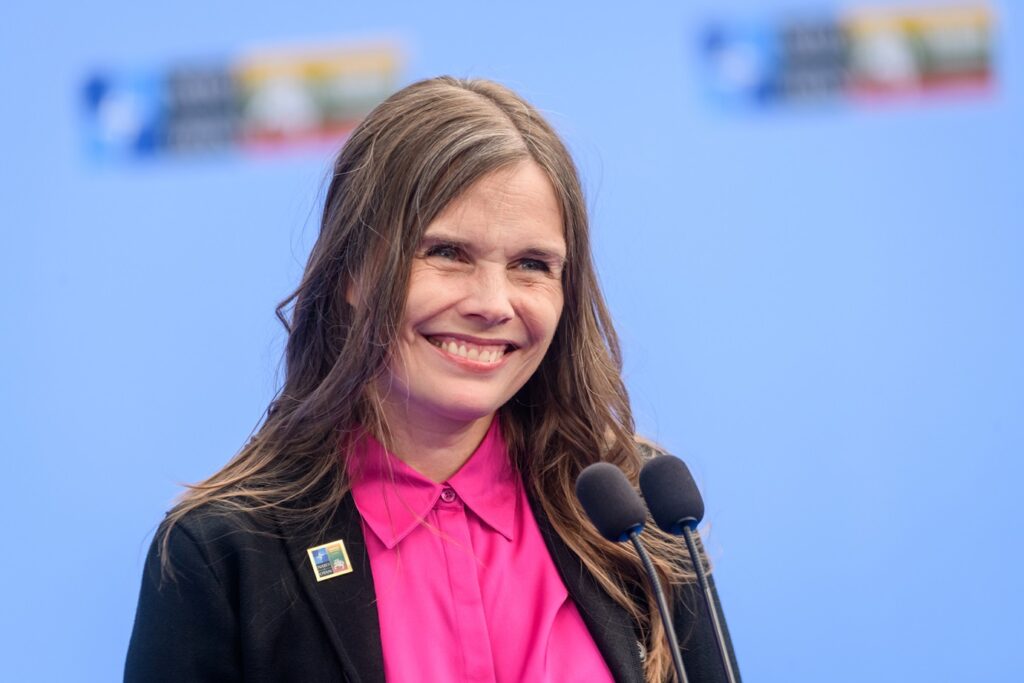When it comes to gender equality rankings, there’s various datasets and reports out there analysing which country is the most supportive of women.
In a recent analysis, Forbes combined the results of eight different datasets to argue that Iceland is the most feminist and gender-equal country in the world.
Iceland has been the most consistent country in terms of gender equality for the last 15 years, according to the Global Gender Gap Report, and ranked at #1, it’s the only country to ever score higher than 90 per cent within the report. It’s considered to have closed 91.2 per cent of the male-female divide.
Iceland is also ranked at #4 on the Women Peace and Security Index, is #4 in maternal health care and survival, sits at #3 on the World Happiness Report and has reached #1 on the Global Peace Index.
The country has also delivered some of the highest support available for families, with maternity leave sitting at 13 weeks and paid at 80 per cent. Paternity leave is 12 weeks, paid at 80 per cent. And additional parental leave is 26 weeks for each parent, paid at 80 per cent.
Some of the top issues that Forbes says Iceland has shown support for women include education, employment, financial inclusion, parliamentary representation, absence of legal discrimination, domestic violence, justice and community safety.
For almost 25 of the last 50 years, Iceland has had a female head of state. The current Prime Minister Katrín Jakobsdóttir has been in the role since 2017, and has consistently supported gender equality efforts.
This year, 48 per cent of Iceland’s parliament members are female, and the country was called the ‘Best place to be a working woman’, after ranking #1 in The Economist’s annual glass-ceiling index (GCI).
Nevertheless, despite its world-class efforts, Iceland still has yet to reach complete gender parity. As with every other country, issues continue to persist, including things like the gender pay gap and the prevalence of gender-based violence.
About 40 per cent of Icelandic women experience gender-based and sexual violence in their lifetime, according to a landmark 2018 study by the University of Iceland.
The statistics highlight that high rankings for gender equality don’t directly translate to equal safety for women.
Here in Australia, the ‘crisis’ of gender-based violence is still very much ongoing, with Destroy the Joint statistics showing 73 women have been murdered this year. This is despite fairly high rankings on standard-of-living lists, such as tenth on The Economist’s 2024 glass-ceiling index (GCI)and the ninth happiest country in the world, this year.
No country can claim complete gender parity, and according to the GG, it will take more than a century to achieve this goal.
Meanwhile, Forbes lists other top countries making significant efforts for women’s rights, including Denmark at #2, Norway at #3, Finland at #4, Sweden at #5, Germany at #6, Lithuania at #7, Belgium at #8, Switzerland at #9 and Luxembourg at #10.
New Zealand sits at #13 on the rankings of most gender-equal countries, with Australia not listed in the top 16.


